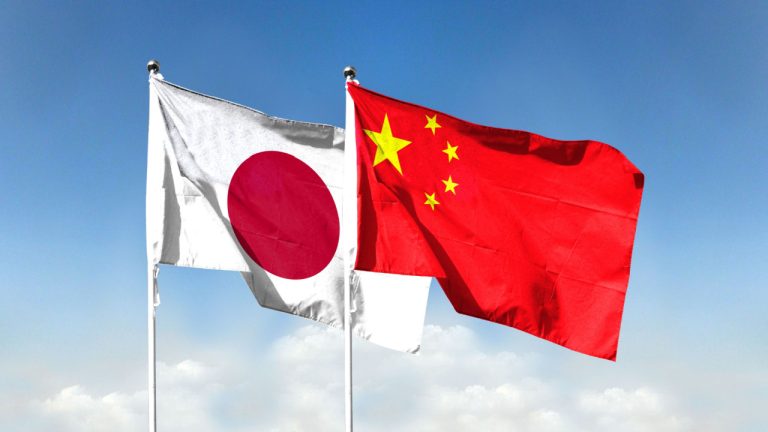China’s Current Economic Challenges Echo Japan’s Past Economic Struggles
Publikováno: 19.12.2023
 Experts highlight the critical need for China to learn from Japan’s prolonged economic stagnation, emphasizing the urgency to transition from manufacturing and investment reliance to boosting domestic consumption. Similarities to Japan’s Lost Decades in China’s Current Economic Slowdown In a compelling parallel drawn between the economic trajectories of Japan starting in the 1980s and China’s […]
Experts highlight the critical need for China to learn from Japan’s prolonged economic stagnation, emphasizing the urgency to transition from manufacturing and investment reliance to boosting domestic consumption. Similarities to Japan’s Lost Decades in China’s Current Economic Slowdown In a compelling parallel drawn between the economic trajectories of Japan starting in the 1980s and China’s […]

Experts highlight the critical need for China to learn from Japan’s prolonged economic stagnation, emphasizing the urgency to transition from manufacturing and investment reliance to boosting domestic consumption.
Similarities to Japan’s Lost Decades in China’s Current Economic Slowdown
In a compelling parallel drawn between the economic trajectories of Japan starting in the 1980s and China’s current economic landscape, experts are now closely examining the similarities and lessons that can be learned.
Japan, in the 1980s, experienced a period of significant economic growth, marked by strong wage growth and rising prices. However, this was followed by a prolonged period of economic stagnation and deflation, from which, according to some, Japan is only now beginning to emerge. The critical issue for Japan was its inability to shift its economy from being heavily reliant on manufacturing and investment to one driven more by domestic consumption.
China is currently facing similar challenges. After decades of rapid growth, almost entirely fueled by investment and manufacturing, the Chinese economy appears to have exhausted economic productivity gains from that economic model. The need to transition to an economy driven more by consumption than investment is evident, but as Japan’s experience has shown, this is easier said than done. This shift requires substantial changes in the economic and political systems, a transformation that can be highly disruptive.
The Maekawa report of 1986 in Japan, officially known as the “Report of the Advisory Group on Economic Structural Adjustment for International Harmony,” and Wen Jiabao’s 2007 speech in China, an address by the then Premier of the People’s Republic of China, both highlighted the need for economic restructuring towards greater reliance on domestic consumption. However, both countries have found it difficult to make this transition. Indeed, in “Shedding the Shackles of Success: Saving Less for Japan’s Future,” Kpzp Yamamura states that the Maekawa report had very little long-term impact.
Unfortunately, as investment-driven growth reaches its limits, the failure to restructure the sources of demand that drive economic activity leads to prolonged periods of economic stagnation.
Michael Pettis, an expert on China’s economy and professor of finance at Peking University’s Guanghua School of Management, suggests that the shift is difficult because it “requires a potentially-disruptive transformation of the economy and political system when political, business and financial institutions built around 3-4 decades of transfers in one direction respond to a reversal of those transfers.”
China, learning from Japan’s experience, is advised to avoid willfully ignoring its predicament, and instead confront its economic challenges with a clear understanding of the past. Pettis cautions against tarrying:
[W]hat Japan shows is that once most of the investment needs of the economy have been met, the longer it takes to restructure the sources of demand that drive economic activity, the longer will be the period of economic stagnation.
In fact, Pettis isn’t convinced that Japan has finally emerged from the stagnation and deflation caused by failing to adjust its economy. Regardless of that difference of opinion, Pettis agrees that China must heed lessons from Japan’s past in order to successfully navigate its current economic challenges.
Do you think China should pay close attention to Japan’s economic struggles of the past thirty years? Share your thoughts and opinions about this subject in the comments section below.